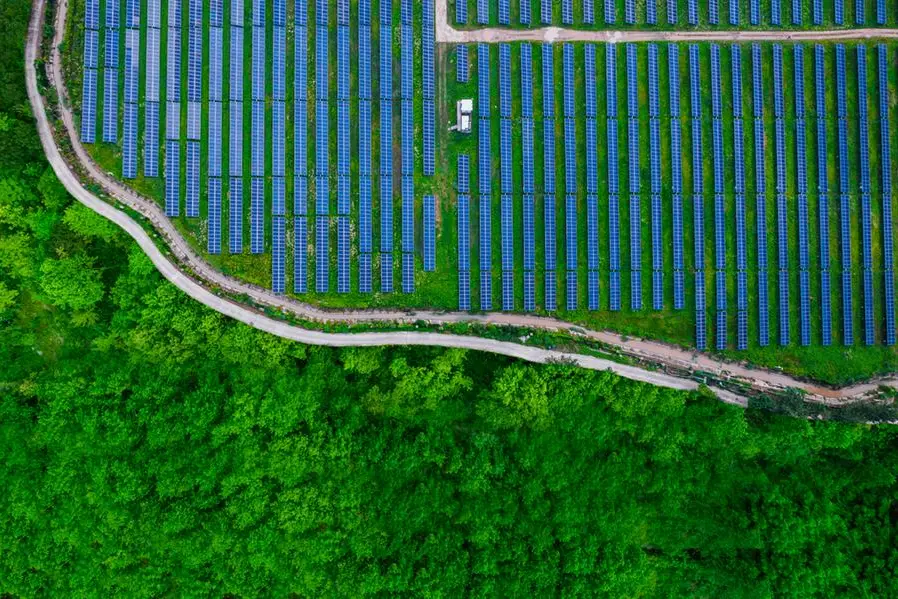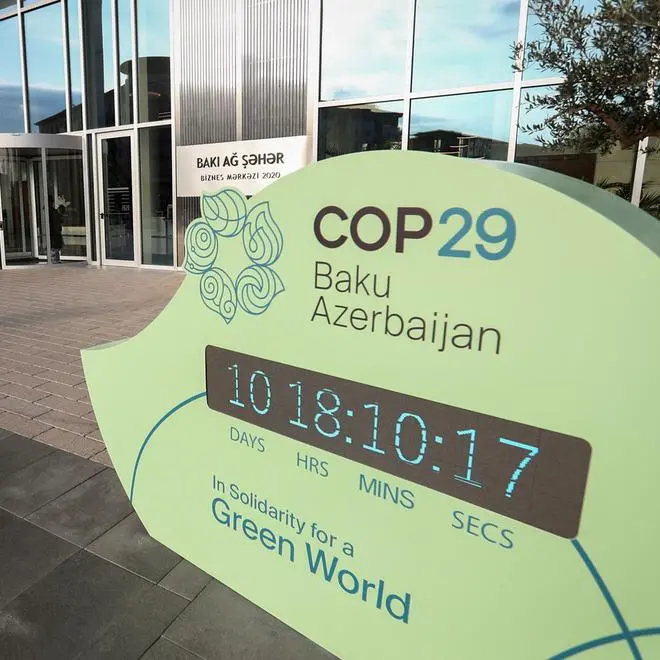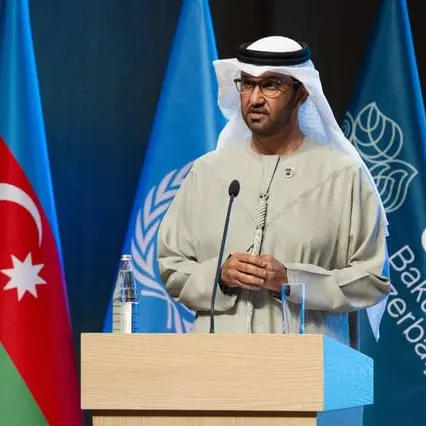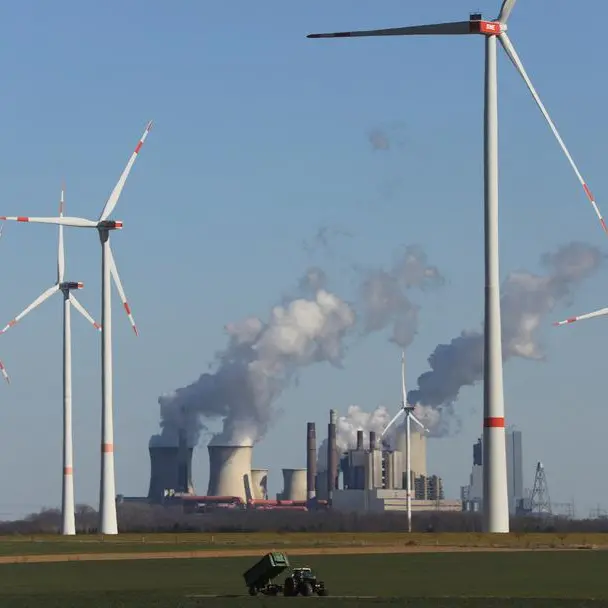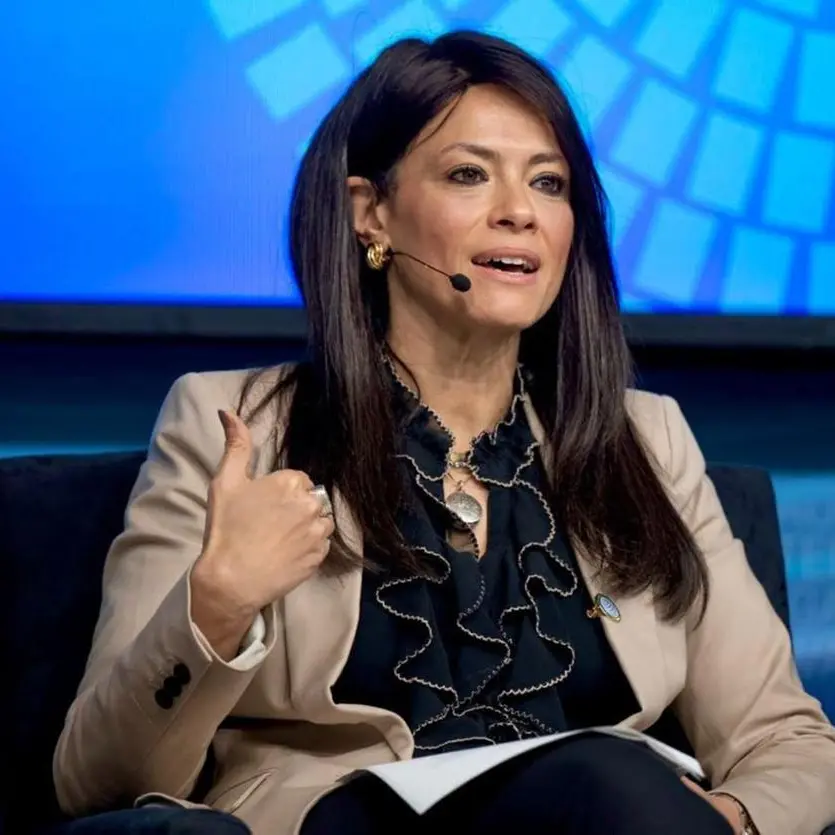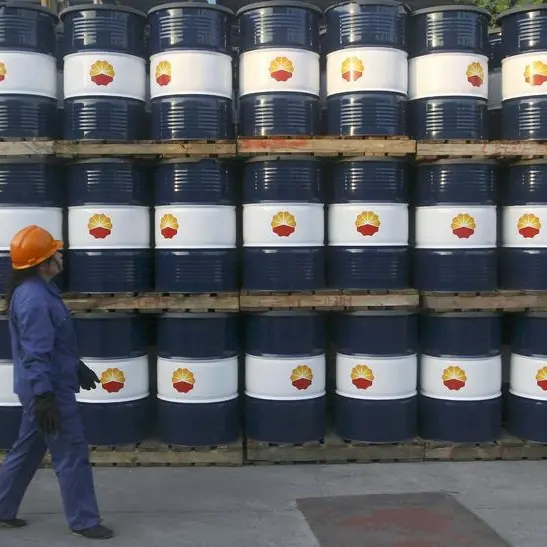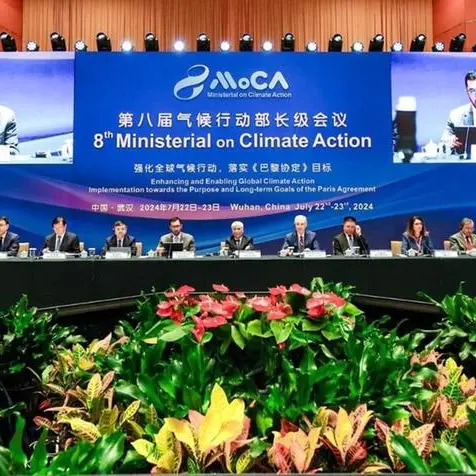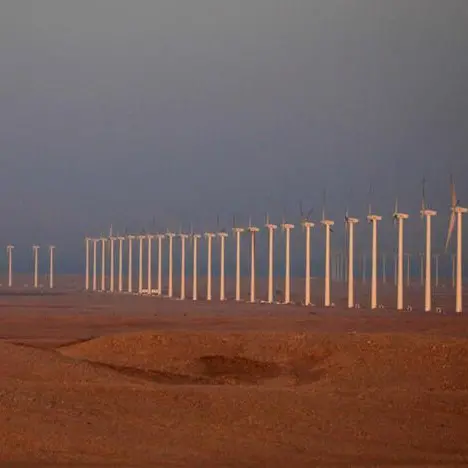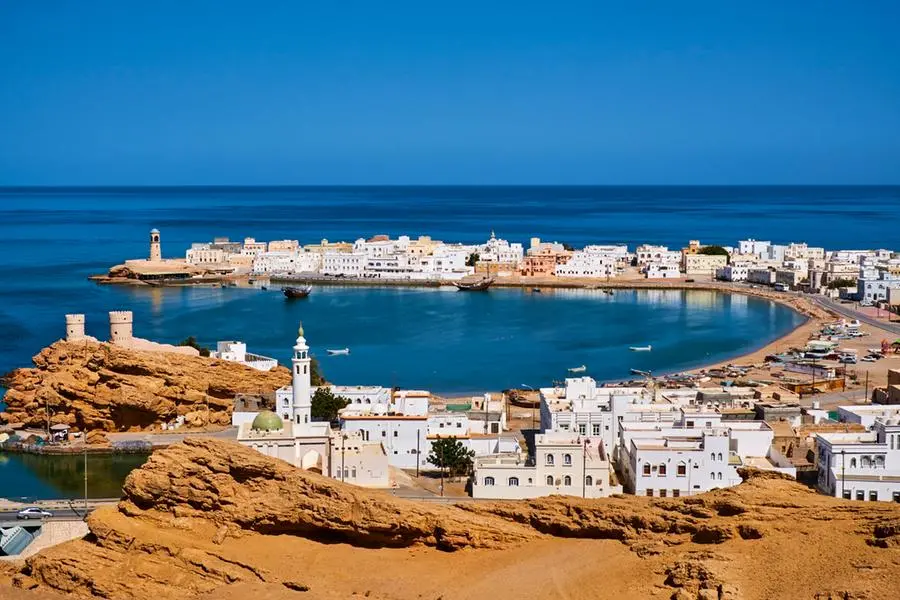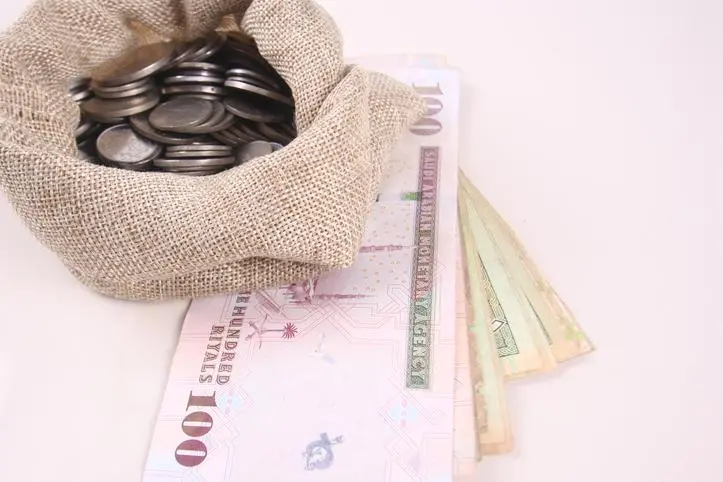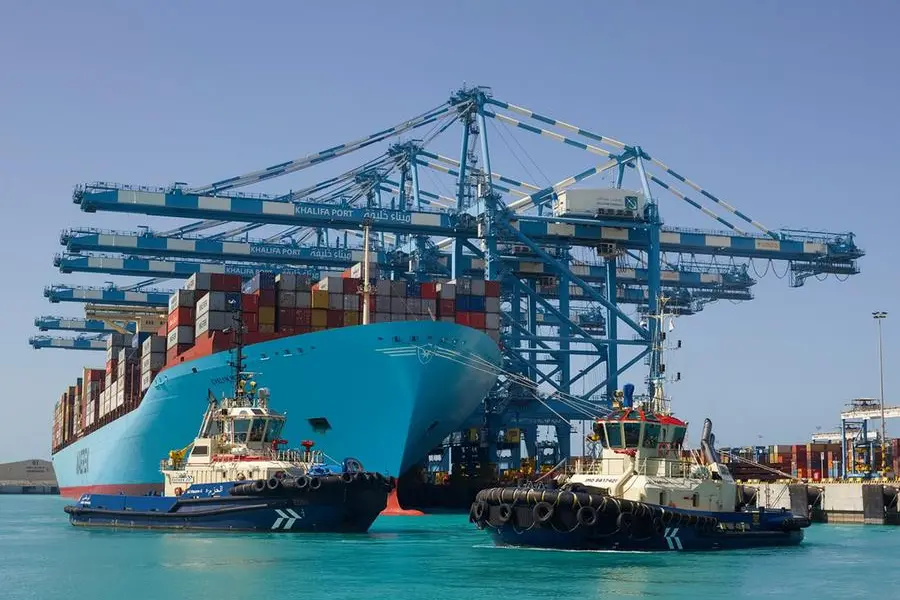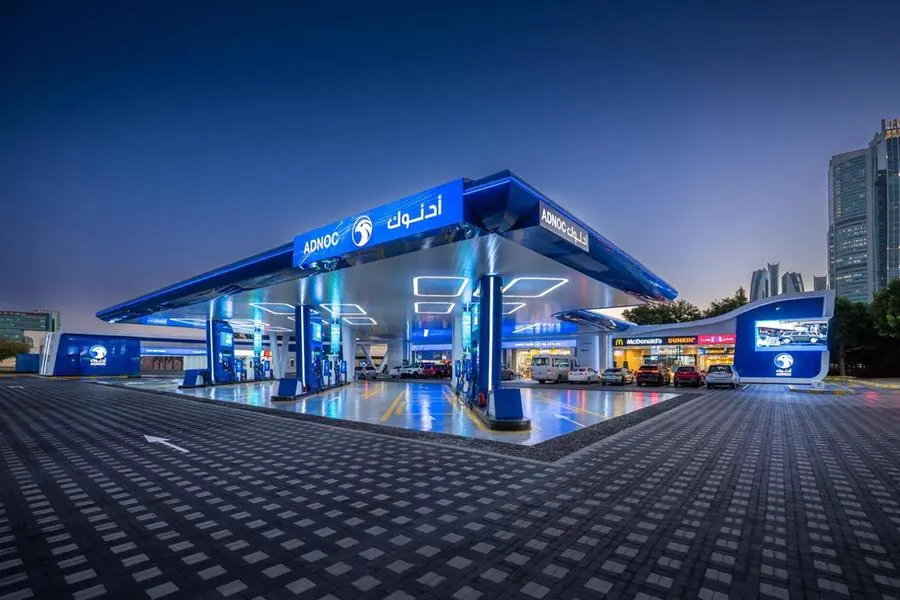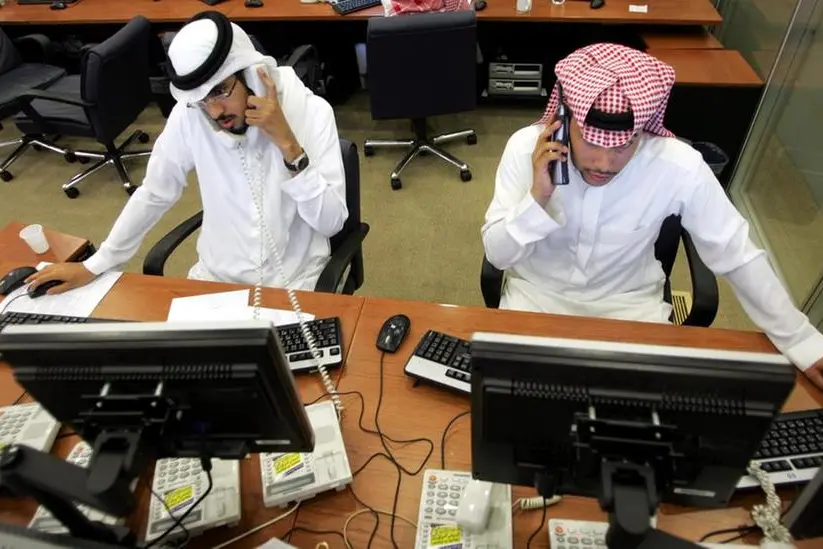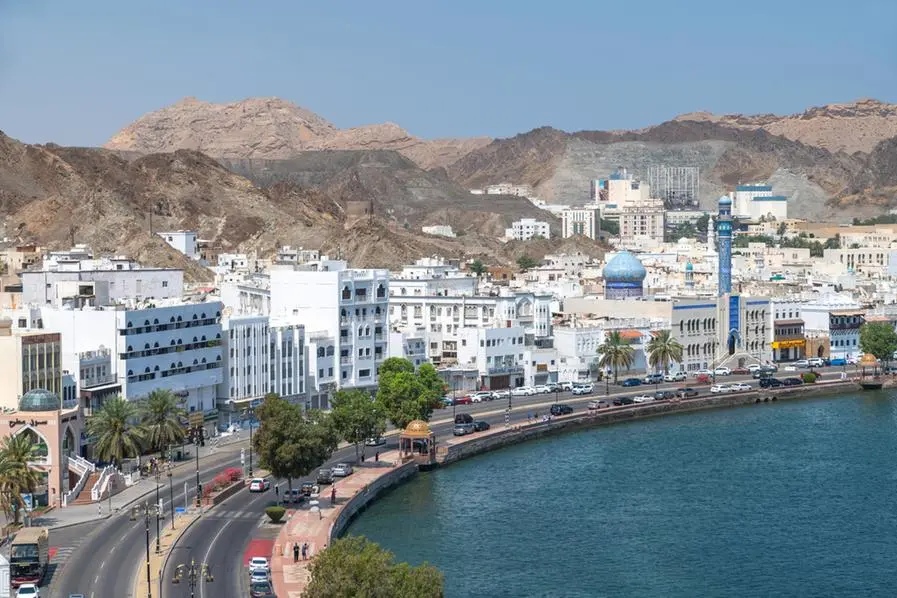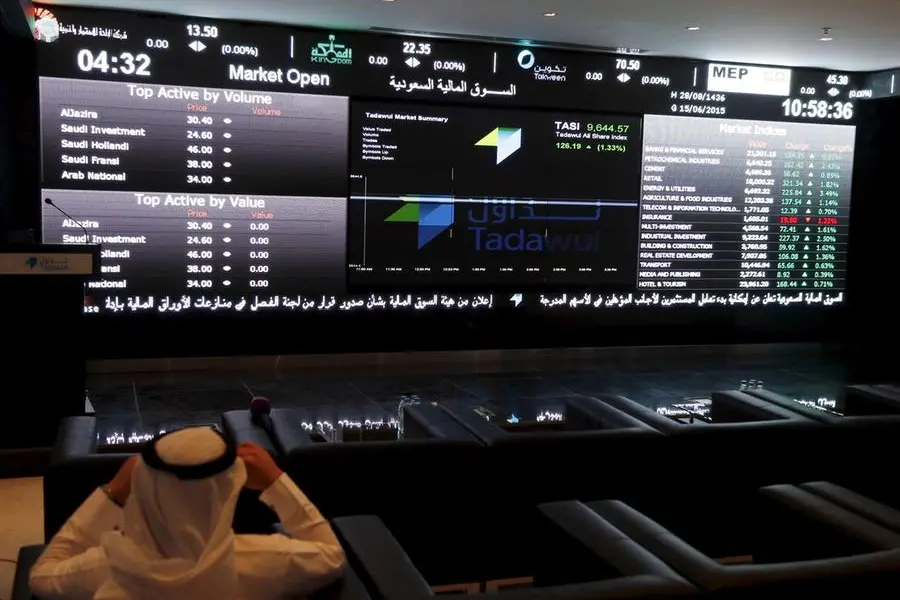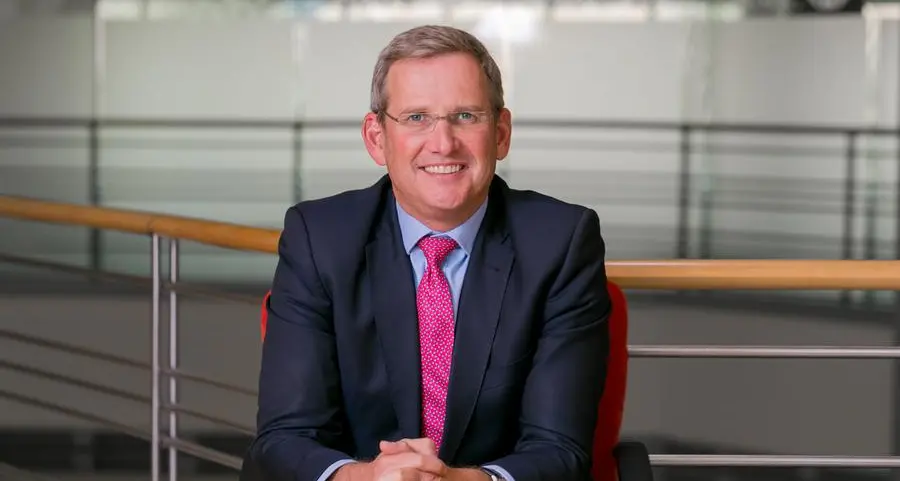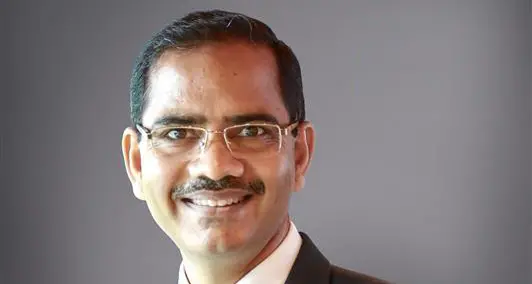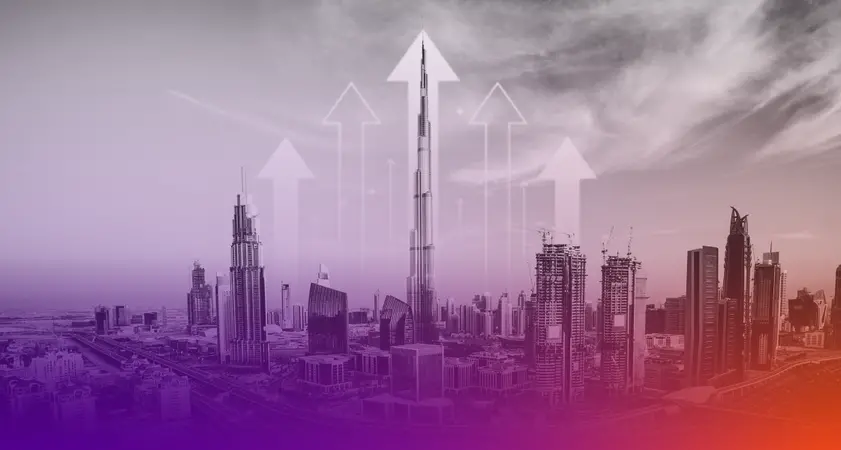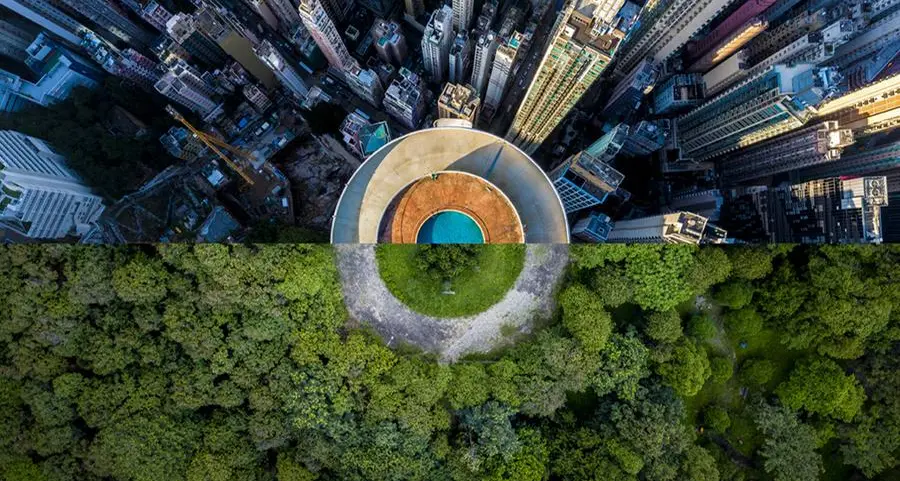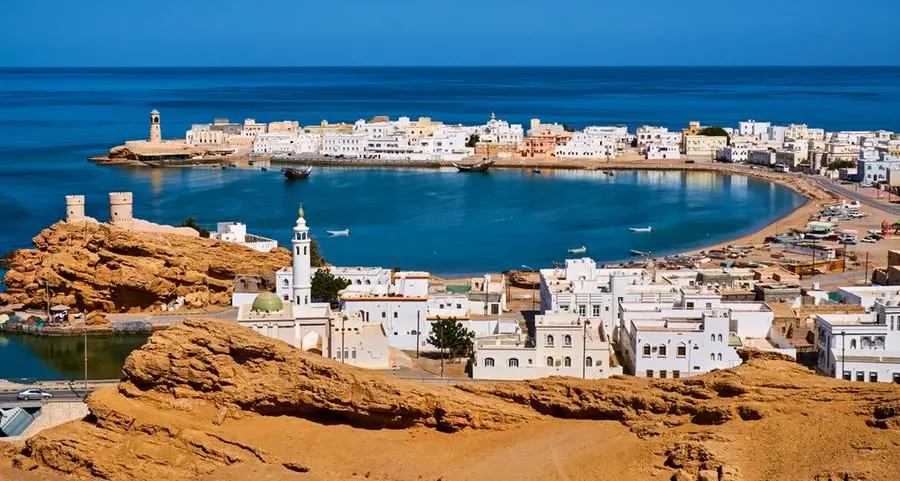PHOTO
Despite calls to accelerate climate action, projects that are designed to meet net-zero goals around the world are currently underinvested, as green technologies are seen as riskier than alternative investments, according to Deloitte.
In a new report released ahead of COP28 in Dubai, the professional services firm noted that only less than $2 trillion each year is invested into the transition, which is far short of the funding needed to help put the world on course to meet climate goals.
To dramatically bring down emissions or achieve net-zero targets by 2050, Deloitte noted that the world needs to invest between $5 trillion and $7 trillion in the energy sector every year.
“Green projects currently suffer from underinvestment and high required return rates because private investors tend to see green technologies as riskier than alternative investments,” Deloitte noted.
Deloitte’s report highlights the need for governments, financial institutions and investors to jointly develop mechanisms to help mitigate risk from green projects. It suggests developing “blended, low-cost finance solutions” to stimulate private investment, especially in emerging economies.
“Just as we are continually developing solutions and technology to rapidly decarbonise, we must take definitive steps to remove financial barriers in order to accelerate a just energy transition, especially in developing economies,” said Jennifer Steinmann, Deloitte Global Sustainability and Climate practice leader.
Deloitte said that by improving financing structures and implementation, the cost of the transition to net-zero could be reduced and result in $50 trillion in savings through 2050.
To win the race to net-zero, Deloitte said countries must invest wisely and identify areas for cost reduction.
“For instance, less than half of green investments are currently made in developing economies mostly due to greater risks and stricter public budget constraints for energy transition projects,” the report said.
“However, to reach net-zero, nearly three-quarter of green investments (70%) would need to be made in developing economies by 2030 as these nations look to new, sustainable infrastructures and technologies.”
(Writing by Cleofe Maceda; editing by Seban Scaria) seban.scaria@lseg.com
